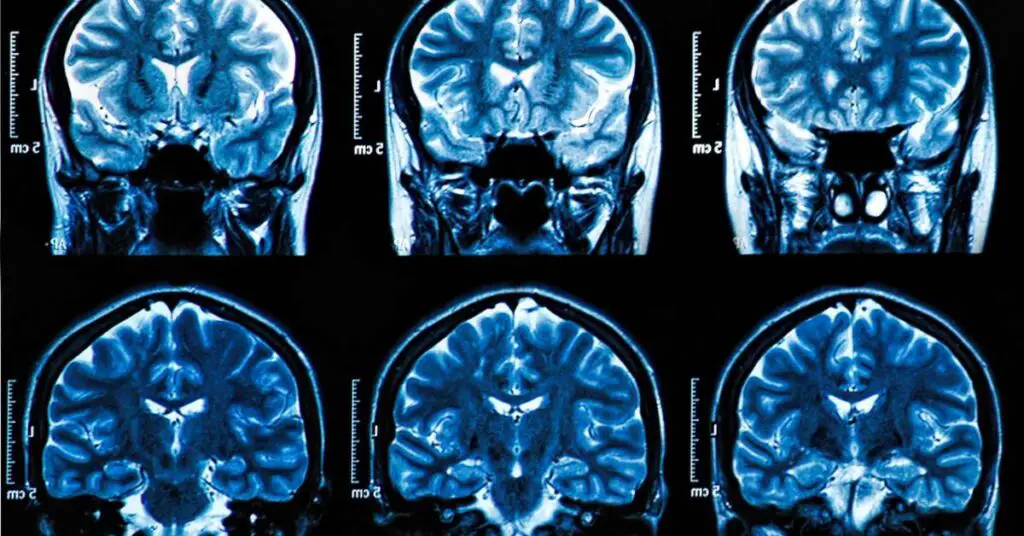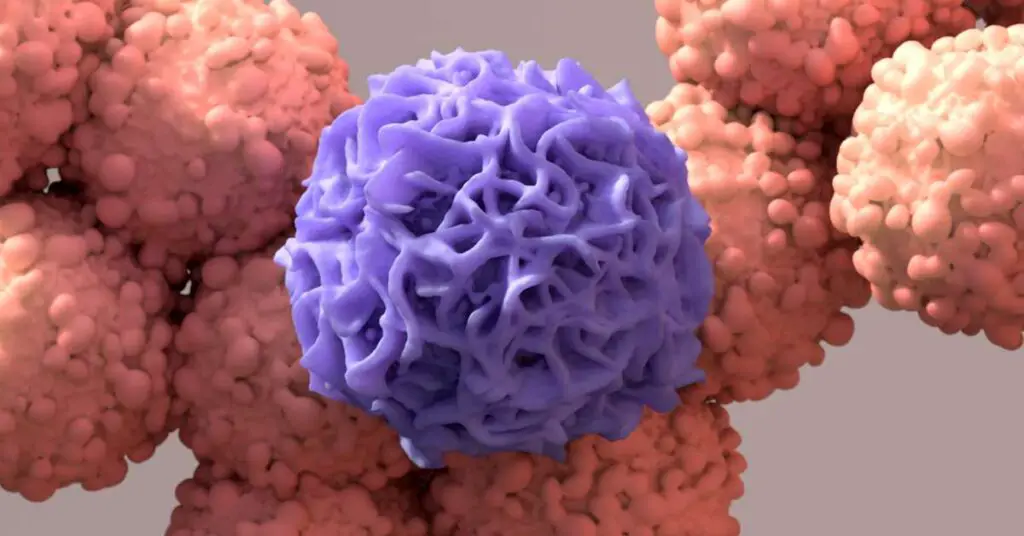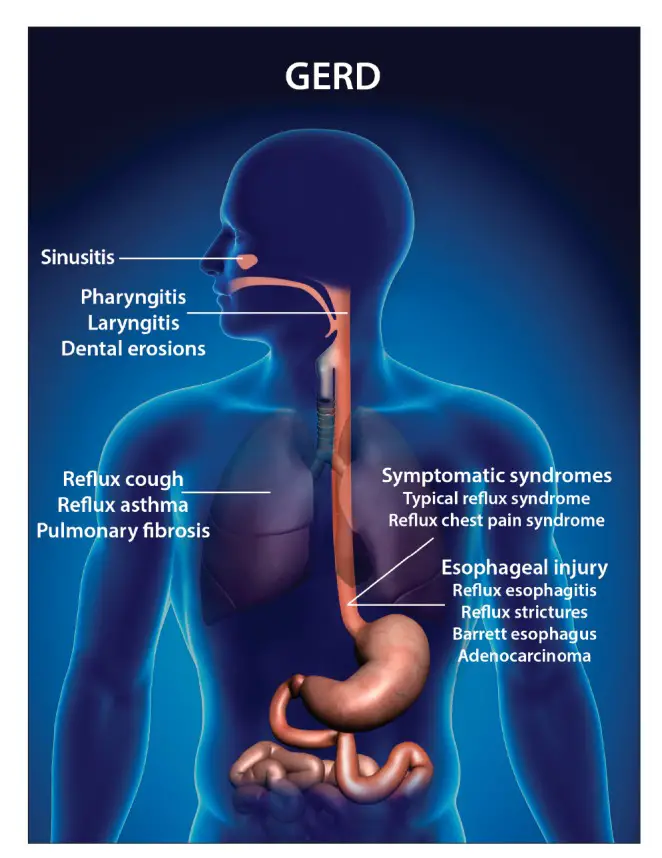12 Hour Fasting Benefits – Weight Loss, Mental Clarity, And More
As someone with lifelong asthma, healthy eating is a crucial part of how I manage my symptoms. Intermittent fasting makes eating healthy much easier for me, and it comes with lots of other health benefits as well.
According to the Mayo Clinic, practicing intermittent fasting is safe and beneficial for those who are overweight or just trying to improve their diet. This practice has been shown to improve weight loss primarily by reducing calorie intake, making it an easy way to lose weight and also improve your overall health in several ways.
Some of the health benefits from intermittent fasting include lowered blood pressure, improved blood sugar and insulin levels, increased mental focus, increased muscle growth, and lowered oxidative stress.
Intermittent Fasting Involves Not Eating For Several Hours Each Day
Intermittent fasting is a practice that has become quite popular recently as a way to lose weight without necessarily counting calories or micromanaging everything you eat.
Intermittent fasting can be done daily and involves not eating for several hours during a set period of time. This practice is called intermittent fasting because you fast “intermittently” (on and off) for a certain number of hours each day and then eat healthy meals during the remainder or until bed.
Some people also fast for 24 hours once every few weeks or months for additional benefits, but of course this should only be done under the advice of a doctor or nutritionist.
12 Hour Fasting Is A Great Way To Eat Less And Stay Healthy

There are many benefits to a 12-hour fast, but here are four of the most important:
- It aids wight loss. A 12 hour fast helps you slim down to a healthier weight by reducing your calorie intake by 15 percent to 20 percent, without having to adhere to a strict diet.
- It improves your health. A 12-hour fast gives your body time to rest, repair and rejuvenate itself, which can lower blood pressure, boost immunity and improve sleep quality. (We’ll discuss those other benefits soon.)
- It’s safe for most people. Planned correctly, a 12-hour fast provides all the nutrition you need for a healthy day without the risk of consuming too many calories or other foods that aren’t needed during the day.
- It’s easy to do: You don’t have to count calories or anything during this period, just eat when hungry and stop when full. Remember, you can always drink water during the day to stay well hydrated.
Intermittent Fasting Can Improve Your Overall Health
Intermittent fasting can benefit your health in many ways.
- Weight loss: Research has shown that intermittent fasting can help you lose weight if you’re already eating a healthy diet and exercising regularly. This is because intermittent fasting reduces the amount of food that enters your digestive system, which then increases your metabolism and make it easier to burn off excess calories over time.
- Improvement in blood pressure and insulin levels: A study published by Cell Metabolism found that people who fasted for two days per week had lower blood pressure levels than those who didn’t fast at all during the study period (6 months). Another study found similar results in mice—the researchers concluded that intermittent fasting helps reduce inflammation throughout the body while improving glucose metabolism, leading to better overall health outcomes.
Intermittent fasting naturally promotes weight loss by reducing calorie intake.

Intermittent fasting is not a diet and it’s not about starving yourself or restricting calories. It’s simply an eating pattern that allows you to eat normally for the majority of your day, and then fast for 12 hours or so in order to burn more fat and suppress your appetite.
That said, intermittent fasting has many weight loss benefits:
- Intermittent fasting naturally suppresses your appetite so you’ll feel satisfied even when you’re eating less than normal. This makes it easier to stick with a low-calorie diet without feeling hungry all the time.
- Intermittent fasting helps you burn more fat by increasing your metabolic rate and reducing insulin levels. This practice improves hormonal balance, which can help prevent metabolic syndrome (a combination of diabetes, high blood pressure, high cholesterol and obesity). It also increases energy levels and mental focus by providing a natural boost in human growth hormone (HGH).
Intermittent Fasting Enhances Cognitive Function In Older Adults

In a study of 99 older adults with mild cognitive impairment, participants were divided into three groups: those who intermittent fast regularly, those who irregularly intermittent fast, and those who don’t fast at all.
After 36 months, the participants’ cognitive abilities were measured and compared to one another. What the researchers found was that of the group that practiced intermittent fasting regularly, nearly all participants reported some level or cognitive improvement and 24.3% reported a complete reversal of their cognitive impairment.
Of the participants that irregularly practiced intermittent fasting, 14.2% reported a complete reversal of their cognitive impairment, while the group that didn’t fast at all only saw 3.7% reverse their cognitive impairment.
Whether you have cognitive impairment or not, this study is an example the powerful effect intermittent fasting has on mental clarity and focus, as well as weight loss.
Intermittent Fasting Increases Metabolism and Muscle Growth

Intermittent fasting boosts energy metabolism and increases the production of human growth hormone (HGH).
The relationship between fasting and an increase in HGH has been demonstrated by many studies over the past several decades. In one study dating back to 1982, participants saw their HGH levels increase by over 300% after only 3 days of fasting, and by even more after only a week.
HGH is a hormone that stimulates growth, metabolism, and cell reproduction. It’s released when you sleep, and also during exercise.
HGH levels decrease with age, weight gain, and certain illnesses such as cancer or diabetes. In fact research suggests that if your HGH levels are low you may experience:
- Decreased immunity
- Fatigue
- Muscle wasting
Intermittent fasting increases the body’s defenses against oxidative stress.

Intermittent fasting has been shown to increase the body’s defenses against oxidative stress.
Oxidative stress is a natural part of the aging process, but it can also increase in response to some diseases and conditions such as diabetes and cancer. Free radicals are created when our cells metabolize oxygen, which damages tissue and leads to cell death if left unchecked.
Free radicals cause damage by breaking down proteins in our bodies that play an important role in repairing damaged cells. This can lead to cell death if not controlled properly by antioxidants like vitamins C and E or zinc.
In addition to causing DNA mutations that may lead to cancer development later on down the road, oxidative damage from free radicals can also cause permanent damage by damaging your DNA over time.
This is why it’s so important to have a healthy diet and lifestyle. Fasting increases the body’s defenses against oxidative stress by increasing the production of glutathione. This powerful antioxidant helps repair damaged cells and DNA, making it one of the most important nutrients for preventing cancer development later on down the road.
Intermittent Fasting Helps Me Manage My Asthma Symptoms

12 hour fasting is an effective and safe method of managing asthma symptoms—something I can attest to personally.
In one study, patients who fasted for 12 hours during the day, but ate normal meals at night, experienced a significant reduction in their symptoms.
In another study, a group of asthmatic children fasted for 16 hours each day over a period of 4 days. This resulted in significant improvements in their asthma symptoms compared to those who were not fasted.
In addition to reducing inflammatory mediators such as prostaglandins and leukotrienes, fasting also appears to reduce cell-mediated immunity. This may be because the body needs time to repair itself after fasting, or it may be because fasting reduces cell production of proteins that stimulate the immune system.
Final Thoughts
In conclusion, intermittent fasting is a diet strategy that can help you lose weight and improve your health. It’s not an all-or-nothing approach: You don’t have to commit to a full fast every day, but simply limiting the amount of time when you eat will help your body burn more fat as well as boost other benefits like mental clarity and better focus. By following these tips on how to do intermittent fasting correctly, you can save yourself from overeating at meals (which could lead back up into gaining weight).
Sources:
- https://www.healthline.com/nutrition/11-ways-to-increase-hgh
- https://pubmed.ncbi.nlm.nih.gov/6758355/
- https://pubmed.ncbi.nlm.nih.gov/12425705/
- https://www.ncbi.nlm.nih.gov/pmc/articles/PMC7551340/
- https://www.cell.com/cell-metabolism/pdfExtended/S1550-4131(19)30611-4
- https://www.ncbi.nlm.nih.gov/pmc/articles/PMC4403246/
Related Questions
What Happens To The Body After 12 Hours Of Fasting?
After the body has been fasted for several hours and blood glucose is depleted, the liver begins a process of “metabolic switching” during which fat is converted to fatty acids to use as fuel. Over the course of several days of 12 hour fasting, weight loss can occur.
What Are The Benefits Of Fasting For 12 Hours?
12 hour fasting naturally promotes weight loss by continually depleting the body of calories during a certain periods of the day. 12 hour fasting has also been shown to improve blood pressure, promote muscle growth, and reduce asthma symptoms.
What Happens When You Don’t Eat For 12 Hours?
After several hours or more of not eating, the body begins converting stored fats into energy. This process continues until the next time you eat, which is why intermittent fasting is such an effective practice for losing weight.
Is It Better To Fast 12 or 16 Hours?
There’s not much difference between fasting for 12 hours or 16 hours in terms of health benefits. What’s more important is to pick a schedule that you can commit to and be consistent with in order to get the most benefits.
Does Intermittent Fasting Help Asthma?
Intermittent fasting has been shown to reduce inflammation and improve symptoms in asthmatics, both of which make it easier to breathe. As an asthmatic myself, I highly recommend intermittent fasting.








